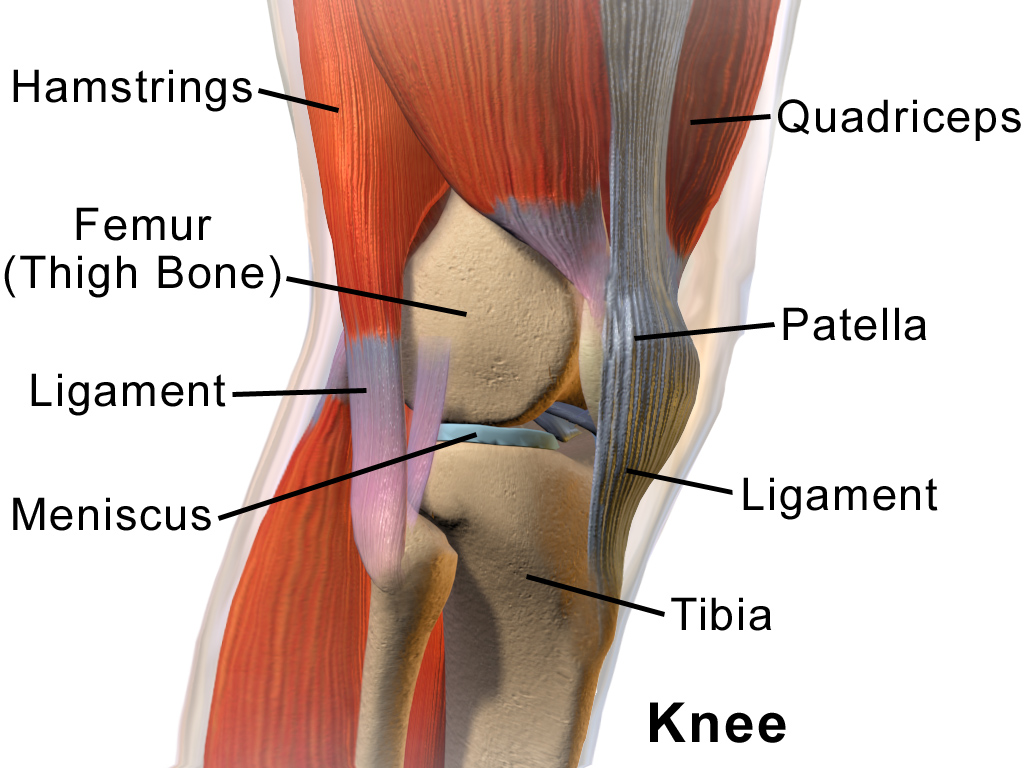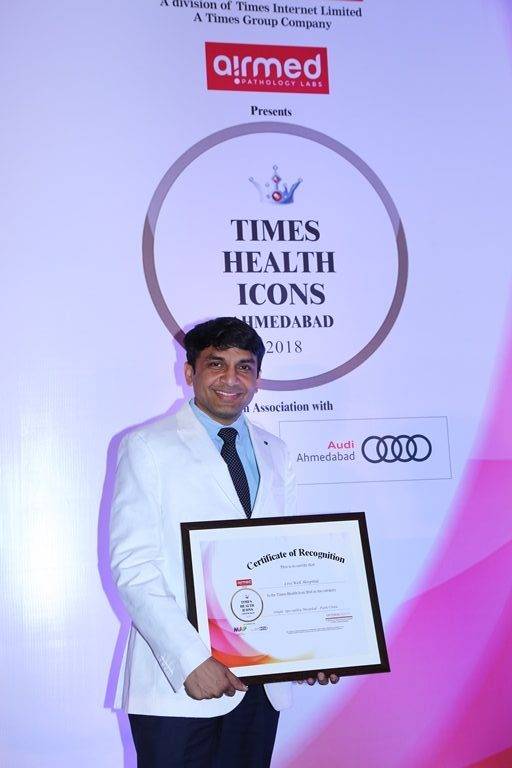Introduction:
Knee pain is a common complaint that affects many individuals in India and around the world. It can be caused by various factors and can range from mild discomfort to severe pain
What is Knee Pain?
Knee pain refers to any discomfort or pain experienced in or around the knee joint. It can be caused by injury, overuse, aging, or underlying medical conditions such as arthritis. Knee pain can affect people of all ages and can limit mobility and daily activities.
Symptoms of Knee Pain:
The symptoms of knee pain can vary depending on the underlying cause and severity of the condition. Some common symptoms include:
- Pain and tenderness in the knee joint.
- Swelling and inflammation around the knee.
- Stiffness or difficulty in bending or straightening the knee.
- Clicking or popping sounds during movement.
- Instability or feeling that the knee may give way.
Treatments for Knee Pain:
The treatment options for knee pain depend on the cause, severity, and individual circumstances. Here are some commonly used treatments:
- Medications: Over-the-counter pain relievers like acetaminophen or nonsteroidal anti-inflammatory drugs (NSAIDs) can help reduce pain and inflammation. In some cases, stronger prescription medications may be required.
- Physical Therapy: A physical therapist can design exercises and stretches to strengthen the muscles around the knee, improve flexibility, and alleviate pain.
- Knee Braces or Supports: The use of knee braces or supports can provide stability, reduce strain, and offer pain relief for certain knee conditions.
- Injections: Corticosteroid injections may be administered directly into the knee joint to reduce inflammation and relieve pain. Hyaluronic acid injections can also be used to lubricate the joint and alleviate symptoms of knee osteoarthritis.
- Surgical Interventions: In severe cases where conservative treatments fail, surgical procedures such as arthroscopy, knee replacement, or ligament reconstruction may be recommended.
Home Remedies for Knee Pain:
- Alongside medical treatments, certain home remedies can provide relief and support the healing process for knee pain:
- Rest and Elevation: Giving the knee ample rest and elevating it can help reduce swelling and alleviate pain.
- Ice and Heat Therapy: Applying ice packs or cold compresses in the early stages of knee pain can reduce inflammation, while heat therapy can help relax the muscles and improve blood circulation.
- Weight Management: Maintaining a healthy weight can lessen the burden on the knee joints, reducing pain and preventing further damage.
- Low-Impact Exercise: Engaging in low-impact activities like swimming or cycling can strengthen the muscles around the knee joint without placing excessive stress on it.
Celebrities and Public Figures:
Several Indian celebrities and public figures have openly discussed their experiences with knee pain. For instance, former cricketer Kapil Dev underwent knee surgery to address his knee pain caused by osteoarthritis. Bollywood actor Shah Rukh Khan has also faced knee pain issues and underwent surgery for a meniscus tear.
Live Well Hospital, Ahmedabad:
Live Well Hospital in Ahmedabad is a leading healthcare institution specializing in comprehensive knee pain treatment. The hospital offers state-of-the-art facilities, a team of experienced orthopedic surgeons, and personalized treatment plans. With a focus on advanced techniques and rehabilitation, Live Well Hospital aims to provide effective and long-term relief to patients suffering from knee pain.
Multidisciplinary Approach:
Live Well Hospital in Gujarat adopts a multidisciplinary approach to back pain management. The hospital brings together a team of specialists, including orthopedic surgeons, physiotherapists, pain management experts, and rehabilitation therapists. This collaborative approach ensures that patients receive comprehensive care tailored to their specific needs. The team works in unison to diagnose the root cause of back pain, develop personalized treatment plans, and provide ongoing support throughout the recovery process.
Advanced Diagnostic Capabilities:
Live Well Hospital in India is equipped with advanced diagnostic capabilities that aid in accurate and timely diagnosis of back pain conditions. The hospital utilizes state-of-the-art imaging technologies such as X-rays, MRIs, and CT scans to assess the spinal structures, identify abnormalities, and pinpoint the exact cause of the pain. These diagnostic tools enable the medical professionals at Live Well Hospital to make informed decisions and design targeted treatment strategies.
Non-Surgical Interventions:
Live Well Hospital prioritizes conservative, non-surgical interventions for back pain management whenever possible. The medical experts at the hospital explore various non-invasive treatment options, including medications, physiotherapy, spinal injections, and regenerative therapies. These approaches aim to alleviate pain, reduce inflammation, improve mobility, and promote healing without the need for surgical intervention. The hospital believes in exhausting all non-surgical avenues before considering surgical options.
Minimally Invasive Spinal Procedures:
For cases where surgical intervention is necessary, Live Well Hospital excels in performing minimally invasive spinal procedures. Minimally invasive surgeries involve smaller incisions, reduced trauma to surrounding tissues, and faster recovery times compared to traditional open surgeries. The hospital’s skilled orthopedic surgeons are proficient in techniques such as endoscopic discectomy, microdiscectomy, and minimally invasive spinal fusion. These procedures aim to address specific spinal conditions while minimizing post-operative pain and discomfort.
Comprehensive Rehabilitation Programs:
Live Well Hospital places significant emphasis on post-treatment rehabilitation programs for back pain patients. The hospital’s team of physiotherapists and rehabilitation therapists work closely with patients to develop customized exercise regimens, stretching techniques, and posture correction methods. These rehabilitation programs aim to strengthen the back muscles, improve flexibility, and enhance overall spinal health. The rehabilitation team provides ongoing guidance and support to ensure patients regain their functionality and prevent future back pain episodes.
Patient-Centered Care and Support:
Live Well Hospital is known for its patient-centered approach to care. The hospital recognizes that each patient’s experience with back pain is unique, and their treatment should be personalized accordingly. The medical staff at Live Well Hospital takes the time to listen to patients’ concerns, answer their questions, and involve them in the decision-making process. This empathetic approach helps patients feel valued and empowers them to actively participate in their treatment journey. Moreover, the hospital provides continuous support and guidance to patients throughout their recovery, ensuring a holistic and positive healing experience.






